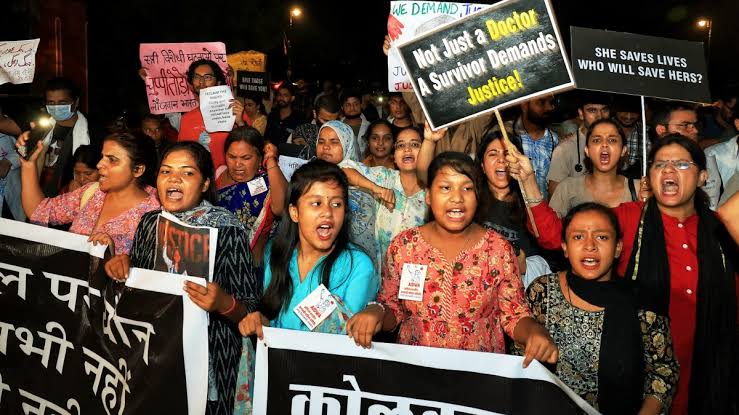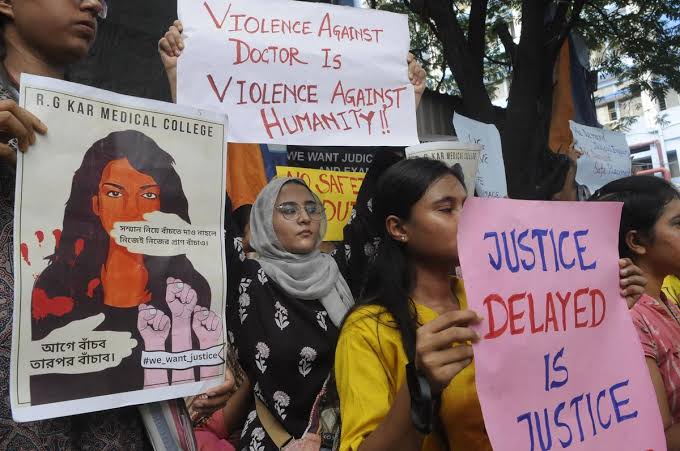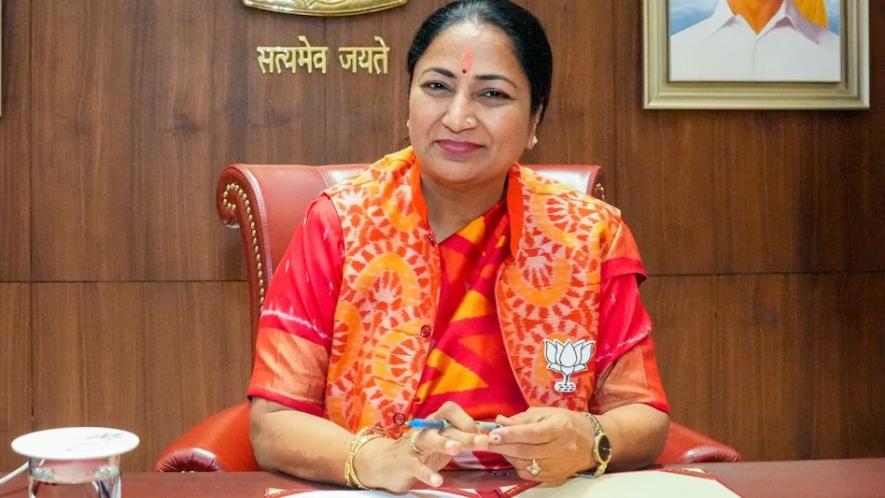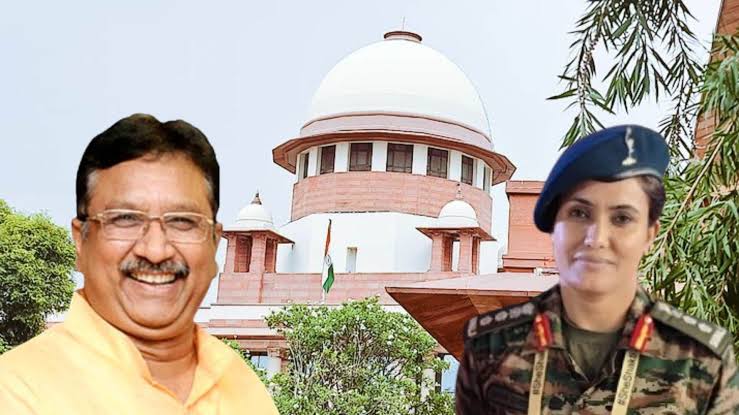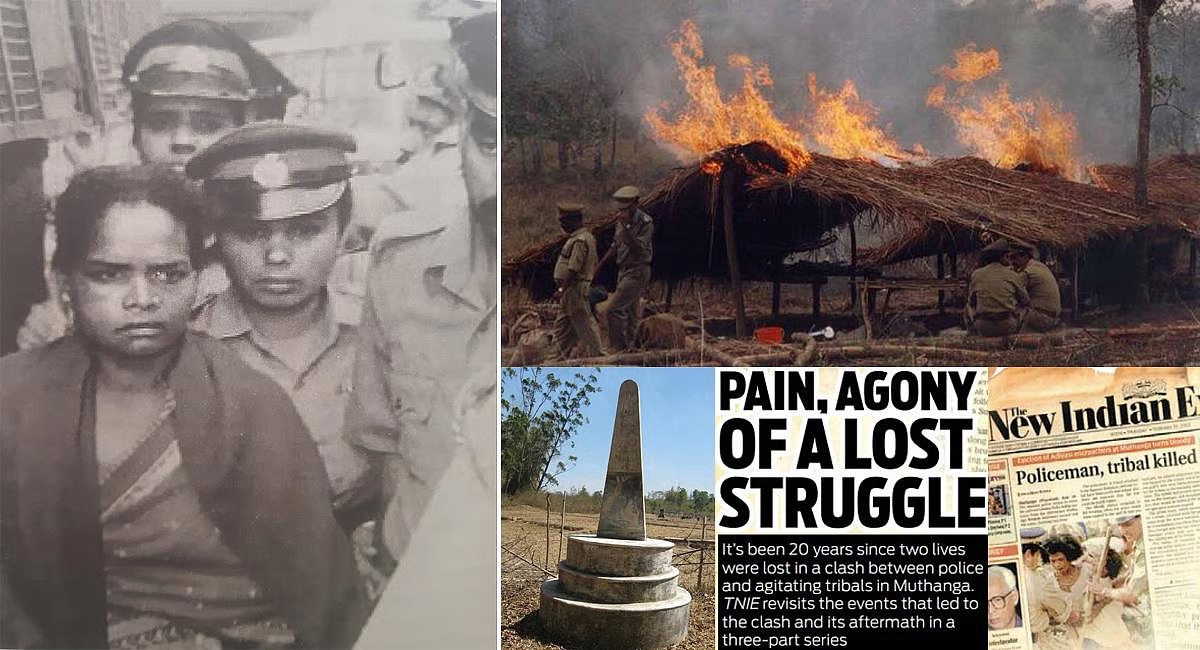
In a landmark restructuring of penal laws in 2018, the erstwhile state of Jammu and Kashmir, then under Governor’s rule and administration, enacted seminal amendments to its statutory framework. These modifications effectuated the criminalization of “sexual exploitation perpetrated by individuals occupying positions of authority, encompassing those with fiduciary obligations or holding public office.” This form of misconduct, colloquially termed “sextortion,” was thus codified into state law, marking a pioneering juridical development within the Indian subcontinent. However, the subsequent abrogation of Article 370 of the Indian Constitution, which culminated in the revocation of Jammu and Kashmir’s special status, practically reversed this significant advancement. While the phenomenon of sextortion has long been recognized in various jurisdictions, the State of Kerala has recently brought this issue to the forefront, particularly within the context of its cinema industry. In light of the revelations contained within the Justice K. Hema Committee Report, there exists an exigent necessity to criminalise sextortion at the national level, thereby ensuring uniform and comprehensive legal safeguards against such transgressions across the Indian union.
The Justice K. Hema Committee, established in response to the high-profile 2017 sexual assault case implicating actor Dileep, was tasked with conducting a comprehensive investigation into allegations of sexual harassment and systemic gender discrimination within the Malayalam film industry. On August 19, 2024, a redacted version of the Committee’s findings was made public, igniting significant political controversy in the State of Kerala.
The expurgated report, spanning 233 pages, contains numerous accounts of egregious misconduct, including sexual harassment, exploitation, and various forms of mistreatment directed towards female industry professionals. These revelations have sent shockwaves through both the film industry and the broader public sphere.
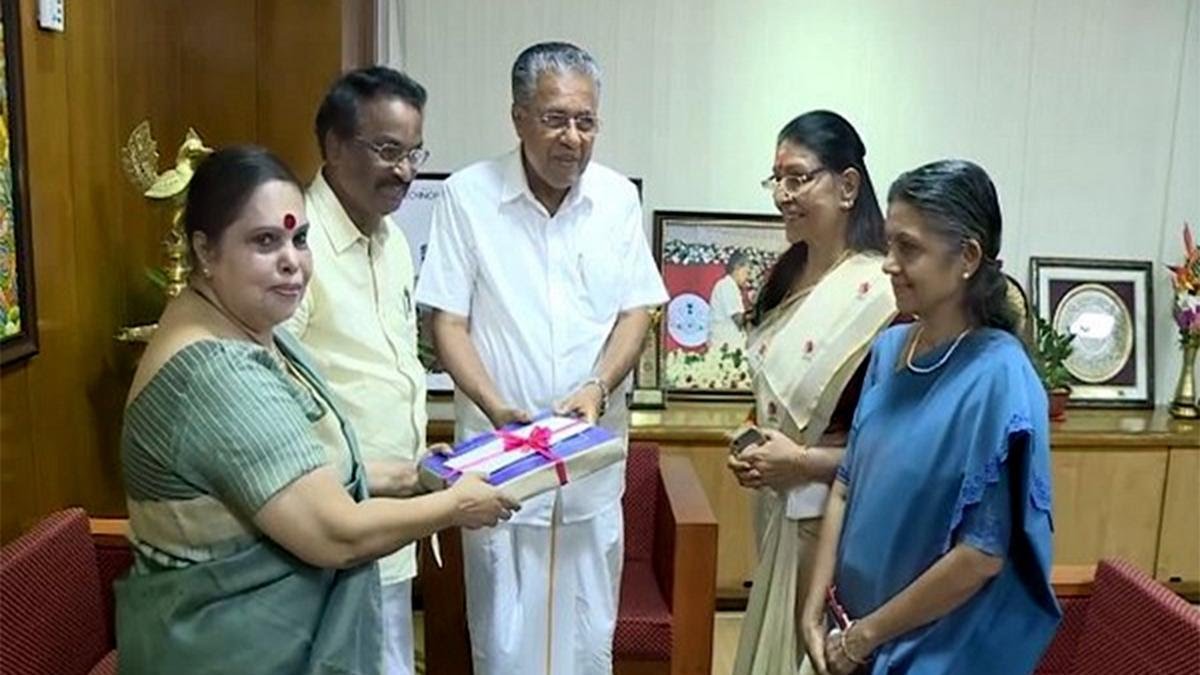
While the report was highly anticipated as a means to elucidate the full extent and severity of sexual harassment within the industry, the heavy redaction of key names and identifying details has resulted in a document that appears to be a compilation of anecdotal evidence rather than a substantive legal analysis. This has led to criticism that the report fails to provide concrete, actionable recommendations for ameliorating the working conditions and safety of industry professionals, particularly women.
In 2022, the Women in Cinema Collective (WCC), which was formed after and in response to the 2017 sexual assault case, had publicly criticised the recommendations put forth in the summarised report, characterizing them as vague and disappointing. However, it is essential to underscore that the ambiguous nature of these recommendations does not entirely undermine the report’s validity or its impact on the broader public. Especially on account of the fact that the exploitation pervasive within the film industry has long been a matter of public knowledge.

The Association of Malayalam Movie Artistes (AMMA) has exhibited a problematic stance towards these issues from the outset. Following the WCC’s criticism, AMMA expressed contentment with the report’s findings and professed eagerness to implement 90% of the recommendations. However, it is noteworthy that AMMA had always been vocally opposed to the report’s publication. The government and Justice Hema maintained that the report could not be published due to its confidential nature, emphasising that the women who shared their traumatic experiences were unwilling to have their identities revealed. Nonetheless, WCC advocated for the report’s public release while safeguarding the survivors’ privacy.
The absence of specific, implementable proposals for industry reform has raised questions about the efficacy of the Committee’s work and its potential impact on effecting meaningful change within the Malayalam film industry. This situation underscores the complex interplay between the need for transparency in addressing widespread misconduct and the legal considerations that often necessitate the protection of individuals’ identities in sensitive investigations.
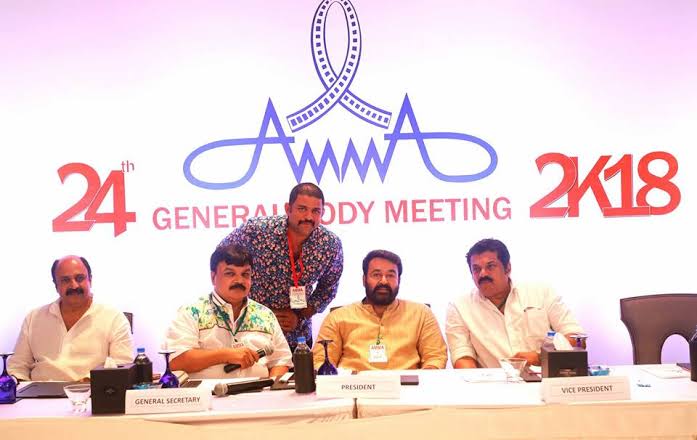
The public clamour for a thorough investigation into the report’s contents and the subsequent prosecution of alleged perpetrators is understandable. However, this demand must be tempered with a realistic assessment of the legal and societal challenges inherent in such cases. Several critical factors warrant careful consideration before expectations are set regarding the investigation and prosecution of cases highlighted in the report.
The statistical reality of sexual harassment cases in India is sobering. National Crime Records Bureau data reveals that the conviction rate for cases filed under Section 354A of the Indian Penal Code (Sexual Harassment) was a mere 27.2% in 2021, underscoring the significant challenges in successfully prosecuting such cases. This low conviction rate is exacerbated by the evidentiary burden in the Indian legal system, which operates on the principle of “beyond reasonable doubt.” In sexual harassment cases, which often lack witnesses or physical evidence, meeting this high evidentiary standard can be exceptionally difficult.
The report also brings to light the pervasive issue of influential individuals evading justice through financial means or political connections. This “VIP culture” can significantly impede the course of justice, even when prima facie evidence exists. Additionally, many incidents described may have occurred before the enactment of more stringent laws like the Sexual Harassment of Women at Workplace Act, 2013. The principle of non-retroactivity in criminal law may limit the application of current legal standards to historical cases.
The hierarchical and close-knit nature of the film industry presents another obstacle, potentially deterring survivors and witnesses from coming forward due to fears of professional repercussions or social ostracism. The absence of a robust witness protection program further compounds this issue. Systemic challenges in the legal process, including an overburdened judicial system with over 40 million pending cases as of 2024, can discourage survivors from pursuing legal recourse and may lead to the degradation of evidence over time.
Despite some progress, societal attitudes towards sexual harassment survivors remain problematic. Persistent victim-blaming narratives and social stigma associated with such cases continue to deter reporting and hamper the legal process. These multifaceted challenges highlight the complex interplay of legal, social, and institutional factors that may impede swift and effective prosecution of alleged perpetrators.

To address these challenges, a comprehensive and multifaceted approach is necessary. This includes strengthening witness protection programs, implementing sensitivity training for law enforcement personnel and members of the judiciary, and creating a more supportive environment for survivors throughout the investigation and trial stages. Only through comprehensive reform and societal change can we hope to create an environment where justice is not just demanded, but consistently and equitably delivered.
The Kerala High Court’s order on August 22, directing the state to submit the unredacted Hema Committee report in a sealed cover, marks a significant development in the ongoing controversy. This directive comes amidst deliberations on a Public Interest Litigation (PIL) seeking the initiation of criminal proceedings against individuals named in the report. The court’s intervention underscores the gravity of the allegations and the public interest in addressing systemic issues within the Malayalam film industry.
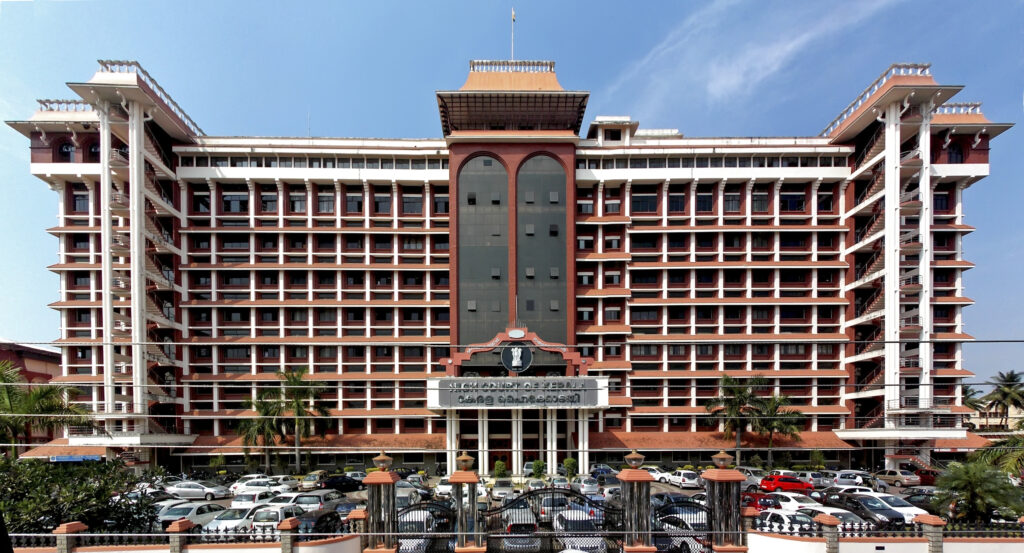
The state government has faced substantial criticism for the prolonged delay in publishing the report and for releasing a redacted version. These actions have raised questions about transparency and the government’s commitment to addressing the issues highlighted in the report. However, it is imperative to consider the complex ethical and legal considerations at play, particularly the sentiment of the survivors who provided testimony to the Committee with the expectation of anonymity.
As this situation unfolds, it will be crucial for all stakeholders – including the judiciary, the government, and industry bodies – to navigate these complex issues with sensitivity and a commitment to both justice and the protection of vulnerable individuals. Any approach to addressing the issues raised in the Hema Committee report must be nuanced and multifaceted, prioritising the protection of survivors’ identities and respecting their autonomy in deciding whether to pursue legal action, while simultaneously implementing systemic reforms within the industry to prevent future instances of harassment and exploitation. And along with all this, governance, judicial and administrative institutions should also use this juncture to revisit and restructure certain penal laws on matters such as sextortion, following the 2018 precedent in Jammu and Kashmir.


